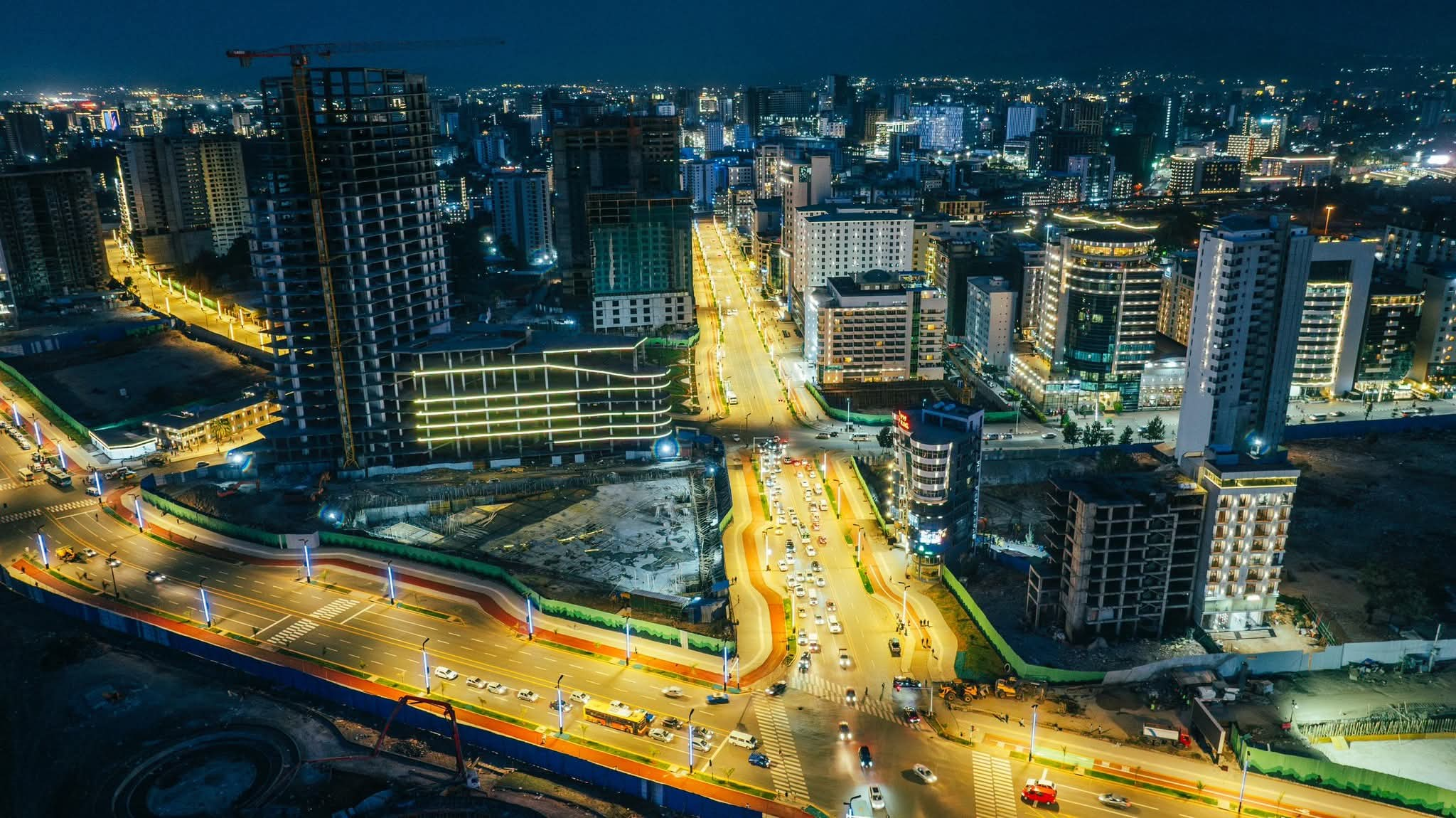Mekelle/Tel Aviv/Nairobi/Pretoria/London
When an Elder’s Tears Water the Soil: The Human Cost of Erratic Rains and the Rigid Logic of Climate Finance
By Tigray Analytics
He stood at the edge of his cracked field, leaning on a worn wooden staff, his eyes fixed on the distant horizon. At 77 years old, he had planted these lands for decades, yet this season, like many before, brought failure. When I asked what he needed most, he spoke slowly, with a quiet intensity that cut through the dry air:
“I have lived long enough to see the rains cheat us. I don’t want handouts. I want a chance to plant before the next rain comes… if it ever comes. Can you give me that? Or will we wait for promises that never arrive?”
I had the chance to sit with him and other community representatives in one of Ethiopia’s drought-affected areas. The children played among parched soil, the goats picked at sparse grass, and the elders spoke of years marked by uncertainty. One of them, nearly 80, wiped tears from his eyes and said:
“We have worked these lands all our lives. We understand the risks. But the people who make the rules, the policies, the investments—they do not see us. They speak in numbers and charts while our hunger grows. When will our knowledge matter to them?”
Their words were humbling and unnerving. In global meetings and reports, we talk about resilience, adaptive systems, and climate-smart investments. But for these farmers, resilience isn’t a strategy—it’s survival. Each failed rain is not a data point; it’s a year of lost crops, debts, hunger, and deferred hope.
And here lies the uncomfortable truth for all of us working in development, finance, and policy: we are part of the system that has failed to translate their lived reality into actionable investment. We speak in frameworks and acronyms, in pathways and portfolios, while the farmers we claim to serve speak in days, rains, and meals. We have learned to measure risk in financial ratios, but they measure it in hunger and uncertainty.
The divide between those chasing short-term returns and those advocating long-term resilience is not abstract; it plays out in budget negotiations, investment decisions, and policy designs. Every time risk is postponed because the models are “uncertain” or the discount rate “too high,” we postpone justice for people whose margins for survival are already too thin.
We often assume that better data or smarter tools will bridge the gap. But the gap persists because our governance systems are not designed to value uncertainty as an economic reality. We cannot model our way out of this; we must rethink incentives and institutions that reward speed over sustainability and growth over dignity.
Making risk an economic variable is a necessary first step. Climate and disaster risks must be embedded in national budgets, cost–benefit analyses, and public–private partnerships. When risk is priced, it becomes manageable; when ignored, it becomes catastrophe.
We must also de-risk climate-smart investments. Public and donor funds should absorb early-stage risks so private capital can scale solutions—whether in irrigation, drought-resistant seeds, or other adaptive technologies. De-risking is not charity; it is strategic, rational, and just.
Finally, we need a shared language of risk. Farmers like him already understand risk intimately; each planting season is a calculation of probability, resilience, and hope. The question is whether we are willing to translate that lived knowledge into policies and financial instruments that actually protect livelihoods.
The tears of this elder were not weakness; they were data, a climate model written in grief, endurance, and years of experience. They exposed the human cost of erratic rains and the rigid logic of climate finance. Solutions exist. Communities are willing. What remains missing is a financial and policy architecture capable of connecting the two. Until then, we will continue measuring rainfall and GDP while ignoring the metrics that matter most: human security, dignity, and the quiet persistence of those who plant in faith.
Disclaimer:
The views and opinions expressed in articles published by Horn News Hub are those of the authors and do not necessarily reflect the official position or editorial stance of Horn News Hub. Publication does not imply endorsement.





